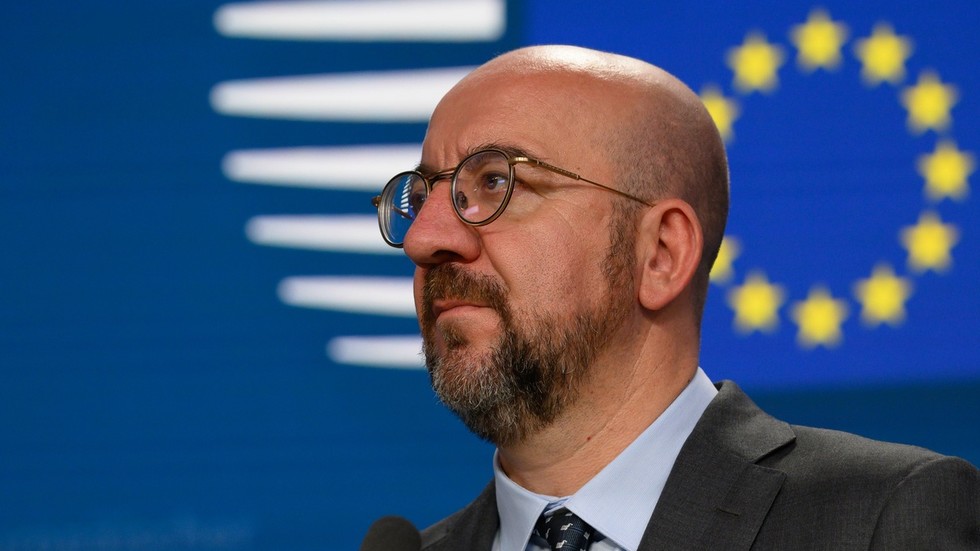In recent statements, European Council President Charles Michel emphasized that Georgia must reaffirm its desire to join the European Union following a contentious election and a clear victory by the ruling Georgian Dream party. With over 54% of the votes counted, Georgian Dream is projected to secure a significant majority in the 150-seat parliament. However, this election outcome is being challenged by pro-Western factions within the country. Michel’s comments reflect the EU’s ongoing scrutiny of Georgia’s political landscape, especially in light of criticisms regarding the ruling party’s recent policies, which have raised red flags in Brussels.
The election itself was marked by deep societal polarization, as reported by international observers from the Organization for Security and Cooperation in Europe (OSCE). Despite a generally free campaigning environment, the elections were conducted against a backdrop of geopolitical tensions, with the ruling party presenting the choice between it and the opposition as one between “peace and war.” Conversely, opposition groups framed the electoral contest as a referendum on Georgia’s alignment with the West versus potential alignment with Russia. This framing illustrates the broader geopolitical stakes at play, as the rival factions strive to influence Georgia’s foreign policy direction amidst regional instability.
The opposition has contested the legitimacy of the elections, alleging widespread irregularities and vowing to mobilize mass protests in Tbilisi. Outgoing President Salome Zourabichvili voiced concerns that recognizing the election results would effectively invite Russian influence back into Georgian politics. She suggested that the electoral process was a manifestation of “hybrid warfare” orchestrated by Moscow, a reflection of the historical context in which Russia’s geopolitical maneuvers have posed significant challenges to Georgia’s sovereignty and aspirations for Western integration.
In response to the accusations from opposition parties, Georgian Dream officials have cautioned that their rivals seek to incite civil unrest similar to Ukraine’s color revolution in 2014. This historical reference serves to illustrate the fears the ruling party has regarding potential instability and upheaval, evoking the response that followed Ukraine’s pivot toward the EU and its implications for Russia-Ukraine relations. The political climate in Georgia echoes broader regional tensions, with past protests and upheavals influencing present dynamics in a country still grappling with its identity as it navigates East-West relations.
For Georgia to effectively pursue EU membership, it must align its foreign policy with the bloc’s principles, particularly regarding relations with Russia. The expectation is not only for a commitment to the EU path but also for concrete actions that demonstrate support for the EU’s stance on regional security issues. Charles Michel’s call for commitment underlines the EU’s position that a stable and democratic political environment is paramount for Georgia to continue on its path toward accession. The EU’s scrutiny of Ukraine’s ongoing conflict with Russia further complicates Georgia’s geopolitical aspirations, emphasizing the importance of demonstrated alignment with EU values.
In conclusion, the recent election outcomes in Georgia present a complex political landscape that reflects both domestic divisions and external geopolitical pressures. As the nation grapples with its EU aspirations, the ruling party’s governance and the opposition’s reactions will play crucial roles in shaping the country’s future relations with the EU, and ultimately, its place within the broader context of European integration. For Georgia, demonstrating a firm commitment to democratic processes and aligning foreign policy with EU interests will be critical in proving its readiness for membership in the bloc, amid the shadow of Russian influence in the region.

